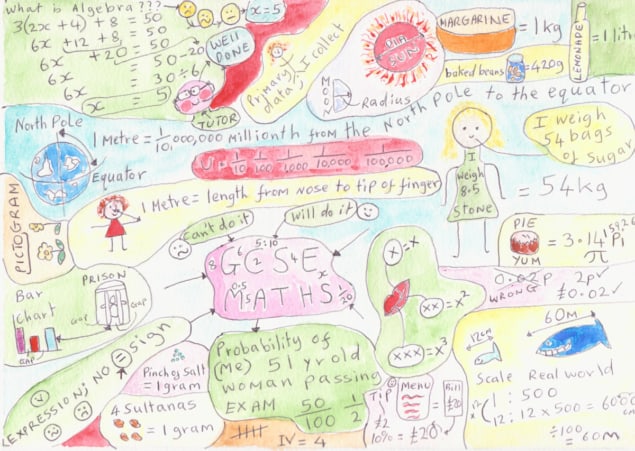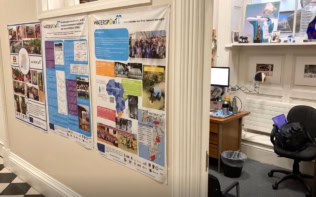
With all the talk yesterday of evidence for inflation and signs of primoridal gravitational waves imprinted on the cosmic microwave background, many non-physicists (and probably quite a few physicists too) might have been left scratching their heads at the implications of the findings obtained by the BICEP2 experiment at the South Pole.
Unfortunately, there’s no getting away from the fact that many concepts in physics are hard and that cutting-edge experiments are incredible feats of technical endeavour. We can, though, all take solace from the fact that physicists at the frontiers of research have often spent decades living and breathing their subjects, which means they know the basics of their own field far better than anyone else.
All of which underlines the importance for any good physicist of a decent physics education – in fact, if you haven’t already, you might want to download our free PDF of the March issue of Physics World magazine. It includes tips, tricks and techniques for helping you to teach and learn physics from those in the know.
One feature examines the use of “doodling” to help you follow a lecture. Rather than laboriously scribbling down everything a lecturer says, the idea is to create a piece of annotated visual art showcasing the key points of the lecture. By thinking visually, you’re more likely to remember what was said. And to illustrate the concept, we invited professional “science doodler” Perrin Ireland to doodle a lecture given by the great Richard Feynman 50 years ago.
You can see Ireland’s Feynman doodle here, but we also invited you to send in doodles of your own. Our favourite so far is by 51-year-old reader Tracey, who is currently preparing for a GCSE in mathematics in Oxfordshire, UK. Her partner is a physicist who subscribes to Physics World and it was while flicking through the March issue of the magazine that she noticed Ireland’s doodle. Tracey also enjoys art and her doodle, pictured above, is painted in watercolours.
Before this she worked as a volunteer in classes run by Oxfordshire County Council to help adults pick up basic maths skills and also served as a learning support assistant in maths and English classes at a local college. “The mathematician I used to help is brilliant and he inspired me to study GCSE maths, which he is currently teaching me,” says Tracey. “Maths is not a natural subject for me, although I enjoy the challenge of it and I can understand how a lot of students fear the subject!”
If you’ve got a doodle of your own up your sleeve, do link to it below or e-mail us at pwld@iop.org.
And if you don’t get Physics World each month, simply join the Institute of Physics to get access via our apps or desktop version via this link for just £15/€20/$25 for 12 issues a year.



